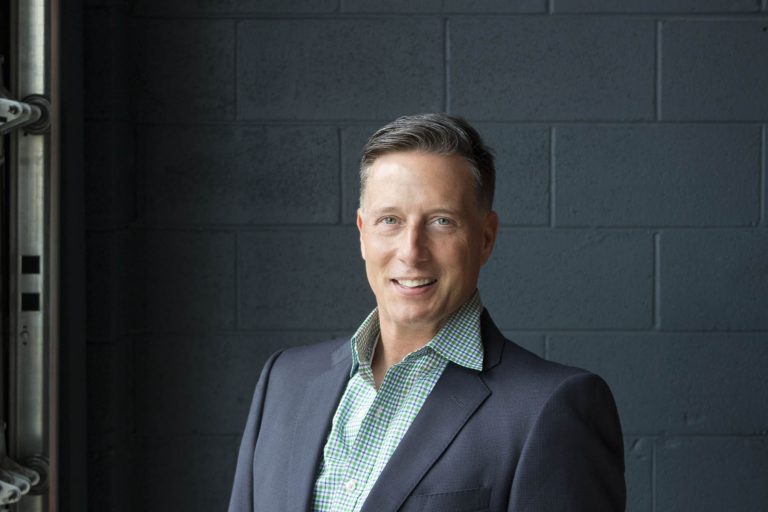Employees are quitting their jobs in record numbers, an ongoing phenomenon known as the Great Resignation. The reasons behind why they’re doing so are complex, but they’re primarily due to the effect of the pandemic on people’s lives. Fears about contracting COIVD-19, improved financial situations due to pandemic relief checks and workers retraining for new careers are all contributing to high quit rates. That means job openings in many fields are plentiful, including in the medical sector.
In addition, the pandemic has also caused a shift in employees’ expectations about work. What employees want from a job and a boss looks very different than it did a couple of years ago. And if they can’t find it at their current workplace, they’ll look for it at another.
As a practice owner managing staff, you may be feeling the effects of the Great Resignation or concerned about how these new employee expectations about work could affect your office. So the question is: How do you create a workplace where your employees can thrive and grow, which is crucial to helping your practice succeed?
Recognize That The Patient Comes Second
I know. On the first read, this statement sounds all wrong. But if you want to meet the needs of your patients, you have to focus on the true key to patient loyalty and satisfaction: your employees.
Patients don’t keep coming to your particular office because of the services—they probably have plenty of options for hearing or ENT health care around town. They stay because of your people. Your people are what differentiates your practice from the one down the street. That means organizations that prioritize their employees first stand to reap huge rewards.
The Five Trends Currently Challenging Workplaces
High Turnover Can Hurt
Every time an employee quits, you lose their expertise. As you know, recruiting, hiring and onboarding a new employee to replace them takes time and money. And since patients come to your practice primarily because of the people, when a beloved staff member leaves, some patients could decide to go as well.
Worker Burnout Is Very Real
Is your staff exhausted from dealing with unruly or demanding patients? If so, they’re not alone. Many in the medical field are experiencing “compassion fatigue,” especially during the pandemic.
Employees with burnout may seem disengaged from their work and display a sense of cynicism in their interactions with patients and other staff members. They may dread going to work, which can lead to absenteeism or avoiding certain situations at work.
Managing Performance Through Annual Reviews Often Backfires
One in three employees dreads meeting with their manager—and the traditional annual performance review process is highly stressful for both the employees and the manager because everyone is fearful of the outcome.
Instead of a one-and-done yearly check-in, employees want honest, real-time feedback on their work performance throughout the year, as well as advice on how to grow.
The Employee Experience Is Being Redefined
Most leaders in an organization think of the employee experience as targeting key touchpoints during the employee lifecycle, citing things like onboarding, performance reviews and professional development.
However, the actual employee experience is every conversation, assignment, success, failure and interaction that the employee has EVERY SINGLE DAY. And only 42% of employees rate their everyday employee experience as positive.
Leadership Looks A Lot Different
Whether they’re Baby Boomers or part of Gen Z, employees are looking for different things from their leadership these days. Workers don’t want to be told what to do. They don’t care about org charts. And most importantly, they don’t want their manager to be the gatekeeper to their success.
Instead, workers want to be inspired by their leadership; they want autonomy and to feel empowered to do great work. They want coaching and mentoring. And they want to view their leader as an advocate for their success.
Partner With Fuel to Solve Your Workplace Challenges
The best workplaces don’t happen by accident. They’re defined by what an organization intentionally chooses to do, how it behaves and how it interacts with its employees.
If you’re facing challenges in the workplace, you can make changes to improve the situation. But you don’t have to do it alone. Connecting with a reputable partner with a proven approach like Fuel can make it so much easier. Our Professional Development team has the experience and the skills to identify specific workplace issues, provide actionable solutions and offer the ongoing support you need to implement them successfully.


